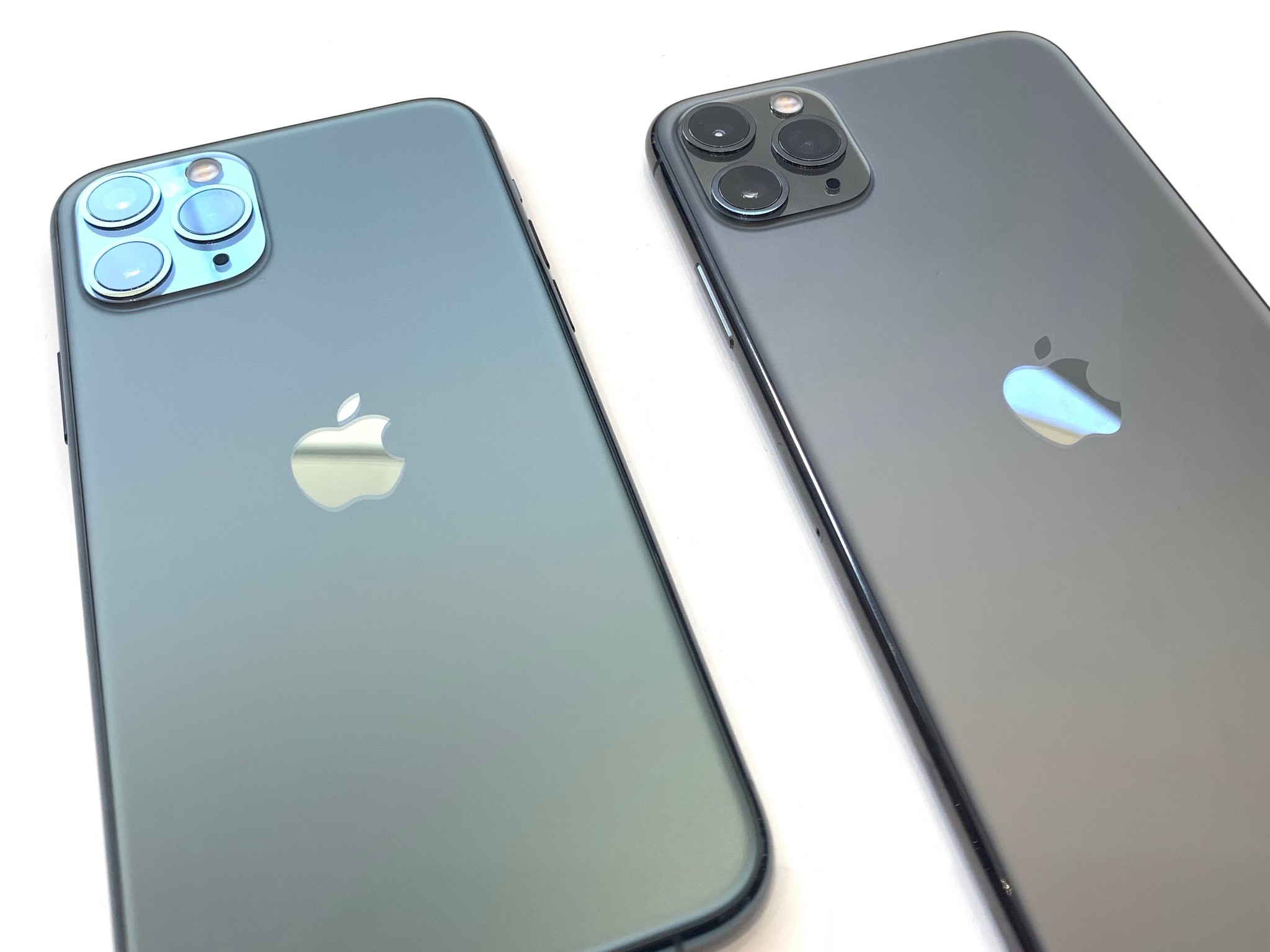Apple reveals more details about what makes its A13 Bionic chip so good

What you need to know
- Apple sat down with Wired to talk about the new A13 Bionic chip.
- Apple said it was designed with performance-per-watt focus.
- Future chip designs will rely even more on machine learning.
At its iPhone 11 event earlier this month, Apple revealed the first details for the A13 Bionic chip, saying it's the fastest chip ever in a smartphone. Now, the company is peeling back the curtain even more to explain what makes the processor so exciting.
In an interview with Wired, Apple's Phil Schiller and Anand Shimpi talked about what some of the process for making the chip. But first, some numbers: the A13 Bionic chip features 8.5 billion transistors, a total of six cores (for efficiency-focused ones and two performance-focused cores), up to 30% more power efficient, and up to 20% performance increased.
According to Schiller, text to speech benefits most from the performance increase.
"We've enhanced our iOS 13 text-to-speech capabilities such that there is much more natural language processing, and that's all done with machine learning and the neural engine."
Wired describes the leap between the A12 and A13 like seeing Usain Bolt beat himself; the fastest keeps getting faster. Apple said when designing its chips, it wants to improve upon performance and efficiency.
"We talk about performance a lot publicly," said Shimpi. "But the reality is, we view it as performance per watt. We look at it as energy efficiency, and if you build an efficient design, you also happen to build a performance design."
In the future, Apple said it will study how apps are used and then analyze that data when designing new chips.
Master your iPhone in minutes
iMore offers spot-on advice and guidance from our team of experts, with decades of Apple device experience to lean on. Learn more with iMore!
"For applications that don't need the additional performance, you can run at the performance of last year's and just do it at a much lower power," Shimpi said.
Machine learning will also continue to play a major part, because it'll help manage battery life, optimize performance, and more — something that's already an important part of the A13 Bionic chip.
You can read the full Wired interview right here.

